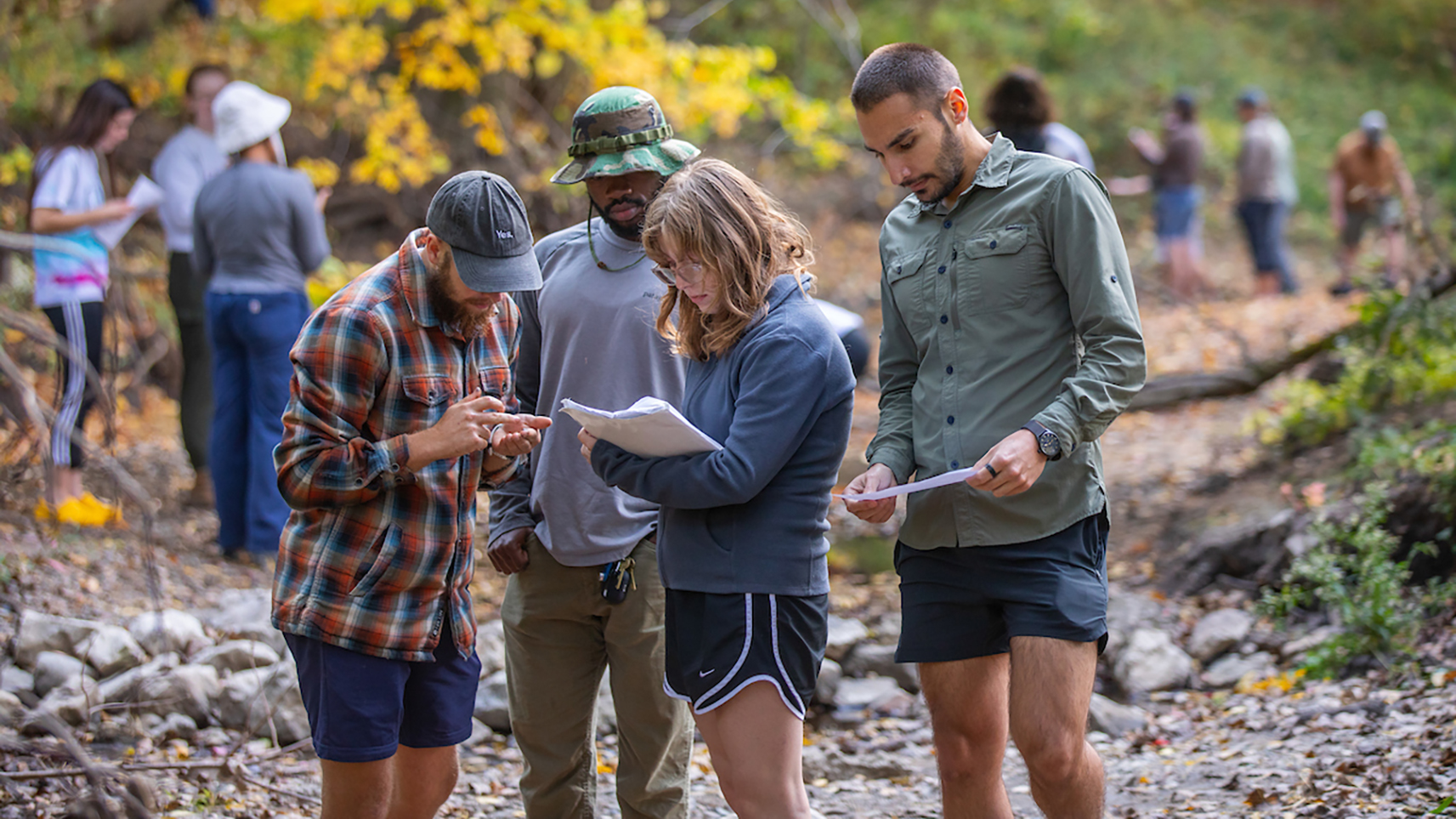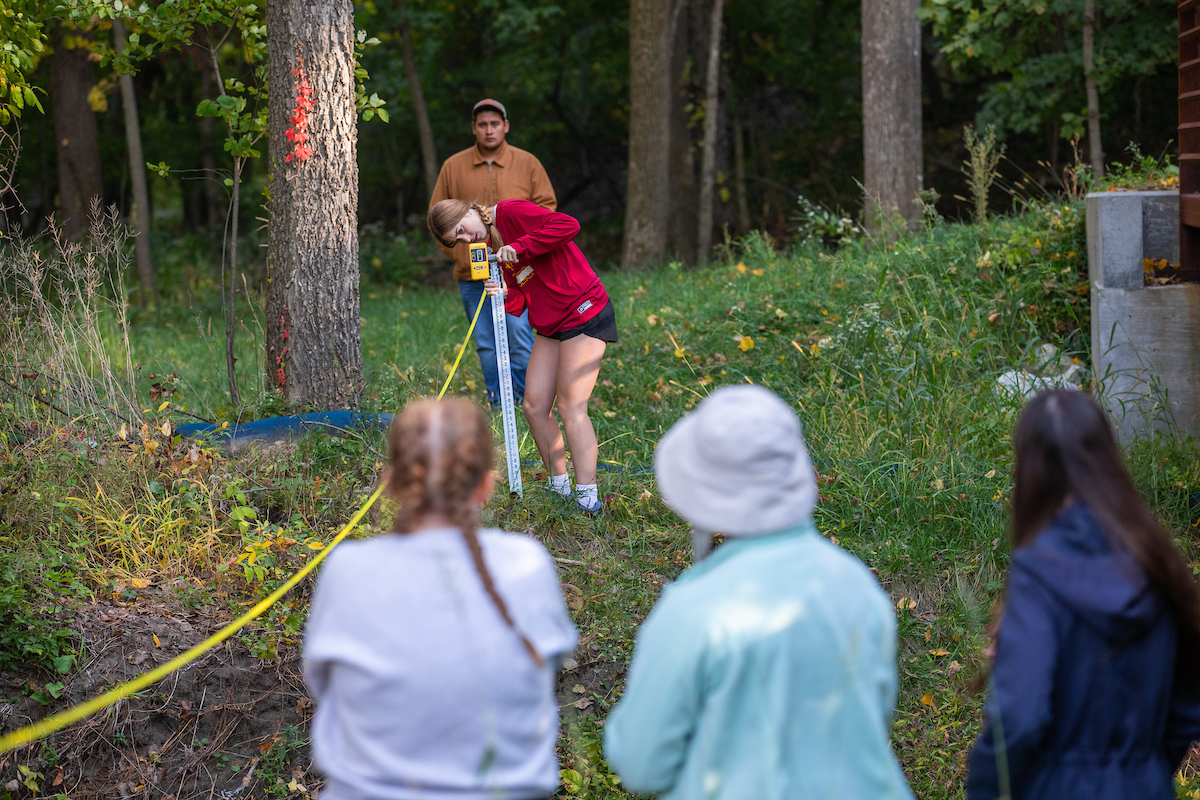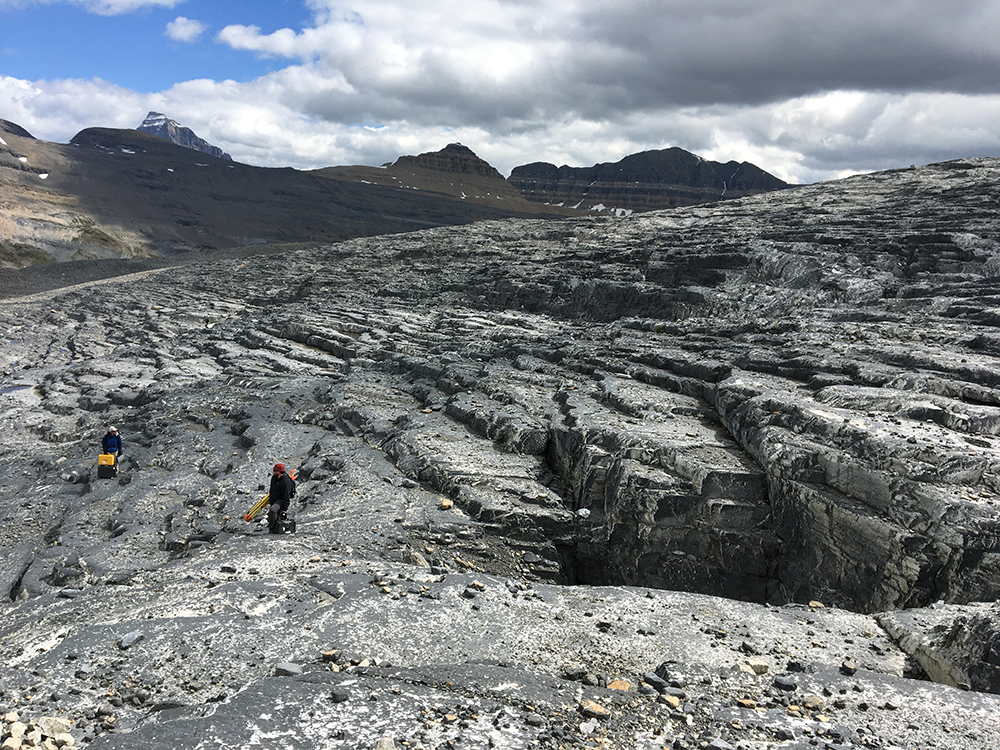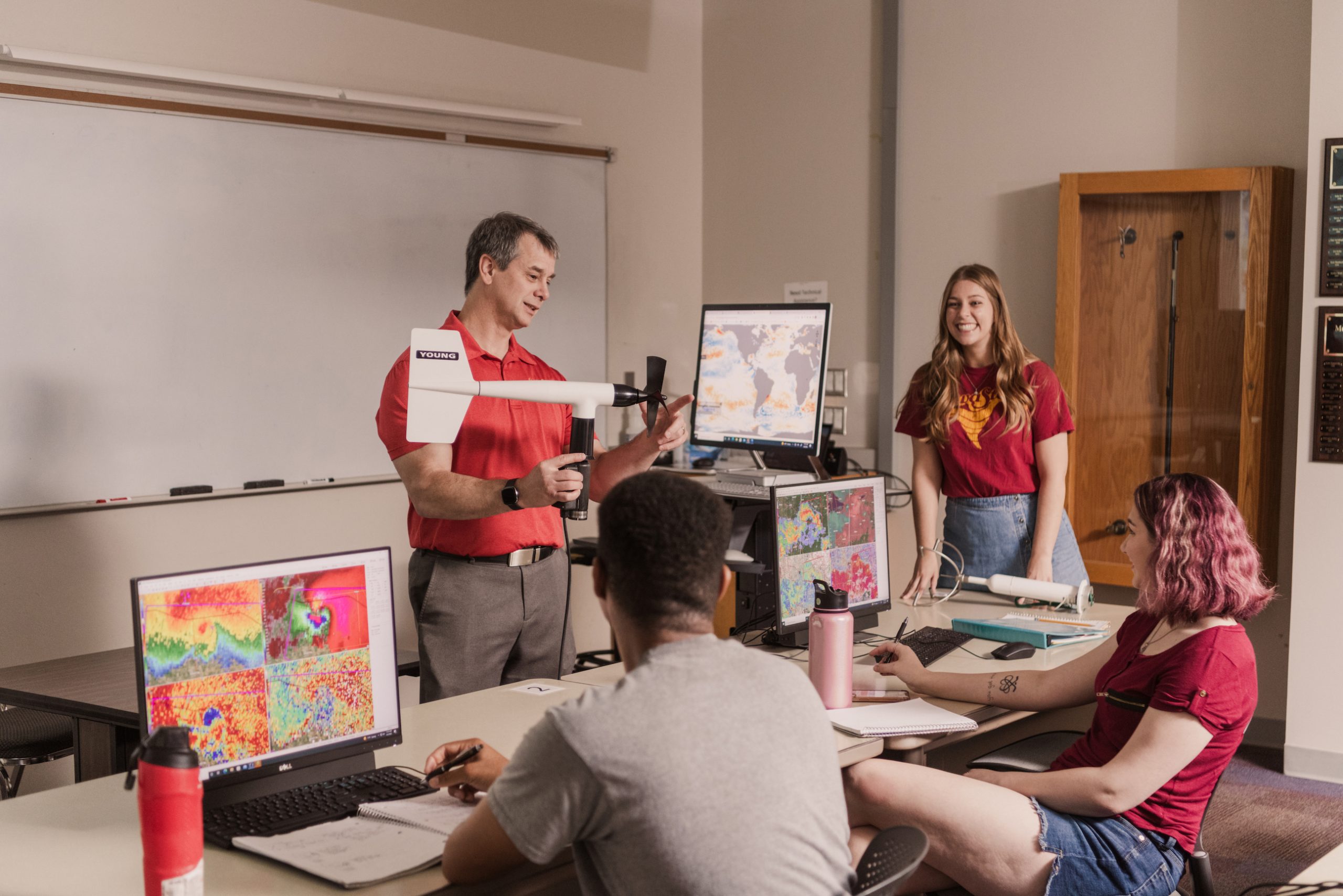Majors and Minors

New Climate Science Major
Climate change impacts our world everywhere we look — global environmental and ecological systems, agricultural systems and food security, human health, water availability, migrations, and economic systems. In the face of extreme events such as flooding, heat waves, or widespread crop failures, communities and businesses urgently need professionals who can address these challenges and communicate about them.
-

Climate Science
As a Climate Science major at Iowa State, you’ll learn the fundamentals of climate science while specializing in an area that fits your interests and career goals. Your study may include: advanced climate science; data visualization; design and planning for sustainability; climate, food, agriculture, and biodiversity; policy and human behavior or science communication.
-

Earth Science
A degree in earth science equips you to evaluate the past, present, and future of Earth’s systems, preparing you for a career that will help address critical environmental challenges.
-

Geology and Earth Science
Prepare for a professional career and/or graduate study in the geological sciences. Understand natural processes on Earth and other planets then apply your knowledge of forces and factors that shape the Earth to reconstruct past environments and anticipate future problems.
-

Meteorology
Develop a broad understanding of the fundamental physical and dynamic processes governing the motions and behavior of the atmosphere as a fluid system. Basic courses in chemistry, physics, and mathematics are prerequisites to the meteorology program and are considered the foundation courses on which the meteorology program is built.

Whether helping the United States Space Force launch satellites into orbit, forecasting weather for Air Force and Army air and ground missions, or keeping Department of Defense leaders apprised of global environmental impacts to their operations, the skills and abilities I developed as a meteorology student at Iowa State are fundamental to my success in safeguarding our military warriors.
Breea Lisko, B.S. Meteorology 2000, Distinguished Alumni Award recipient 2021
Minors
Minor in Geology
A minor in Geology can enhance careers in environmental science, physical sciences, engineering or agronomy. Courses include Geology 1000 and 1000L (or 2010), 1020 and 1020L, and additional credits at the 3000-level or above for a total of 15 credits. A total of 9 credits must be unique to the minor and cannot be counted for both the major and the minor field of study. The minor will appear on the undergraduate transcript.
Minor in Meteorology
The department offers a minor in Meteorology which may be earned by completing 15 credits including Mteor 1110, Mteor 2060 and Mteor 3010. Note that only one credit of Mteor 1110 and no credits of Mteor 3240 can count toward the minor. Further information concerning programs of study, including sample degree programs, is available from the department.
